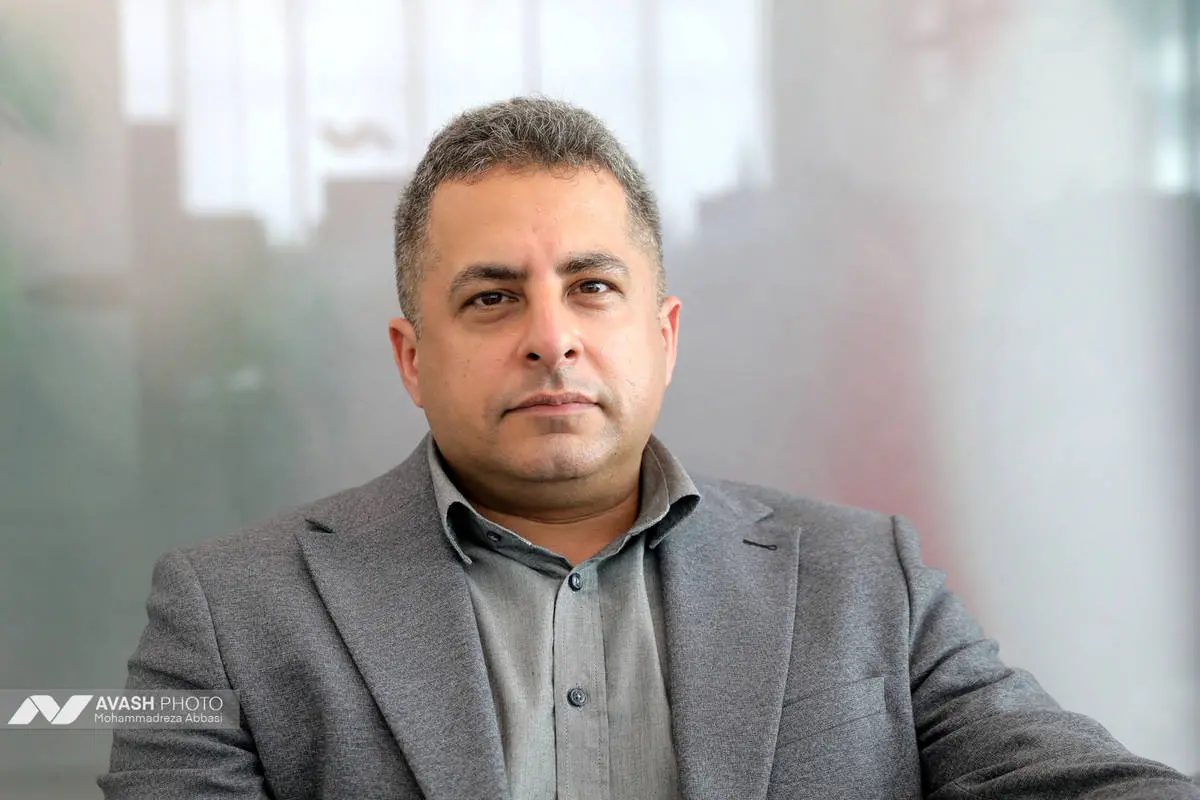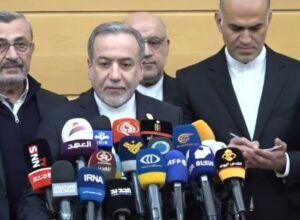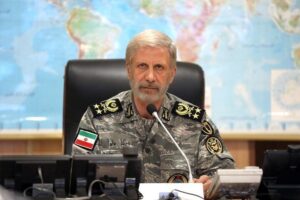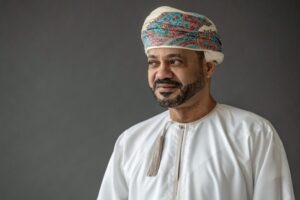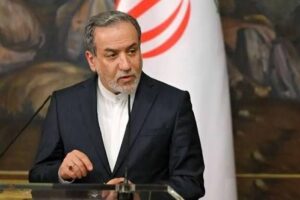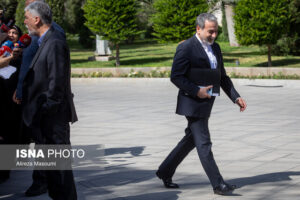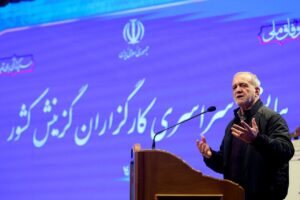He opened by recalling the Golden Rule as a shared foundation of all religions and moral systems, underscoring that the credibility of the international order depends on applying this principle without double standards. He illustrated this point by citing Christianity through the words of Jesus, Islam through the Prophet Muhammad, Judaism through Hillel the Elder’s summation of the Torah, Eastern traditions, and secular moral reasoning.
Against this yardstick he described two years of atrocities in the region — genocide in Gaza, destruction in Lebanon and Syria, attacks on Yemen, the starvation of civilians, assassinations of Iranian scientists and repeated violations of sovereignty — attributing them to heavily armed powers acting under the guise of “self-defense.”
He denounced the June 2025 aerial strikes by Israel and the United States on Iranian cities and infrastructure as a grave breach of international law and a blow to diplomacy. He warned that acquiescence would entrench precedents for attacks on safeguarded nuclear facilities, assassination of state leaders and journalists, and the targeting of individuals for their expertise. At the same time, he highlighted Iran’s resilience, referring to the “twelve-day defense” as evidence of national unity in the face of sanctions, psychological warfare and external aggression.
Turning to the regional order, Pezeshkian rejected the “Greater Israel” project as an openly expansionist plan threatening the lands and security of many states. He contrasted this with Iran’s proposed vision of a “strong region” built on defensive cooperation, collective security, joint investment in development and knowledge, equitable energy use, environmental stewardship, cultural respect and inviolable sovereignty — “strength through peace” rather than peace imposed by force.
He reiterated Iran’s long-standing support for a WMD-free zone and accused nuclear powers of hypocrisy for expanding their own arsenals in violation of the NPT while exerting pressure on Iran. He also welcomed ongoing peace initiatives: Iran’s support for the Armenia–Azerbaijan process, hopes for a fair settlement of the Russia–Ukraine war, and its positive view of the Saudi–Pakistan defense pact as a step toward a broader regional security framework.
He criticized the three European parties to the JCPOA for attempting, at U.S. behest, to reinstate terminated UN Security Council resolutions against Iran, portraying Iran’s lawful remedial measures as “significant violations” and undermining an agreement they once celebrated as a model of multilateral diplomacy.
President Pezeshkian closed by stressing that Iran projects its influence not through nuclear weapons or coercion but through a centuries-old culture of empathy and human solidarity. He presented Iran as a reliable partner for peace-seeking nations and invited all states to transform threats into opportunities and build a shared, dignified future.

